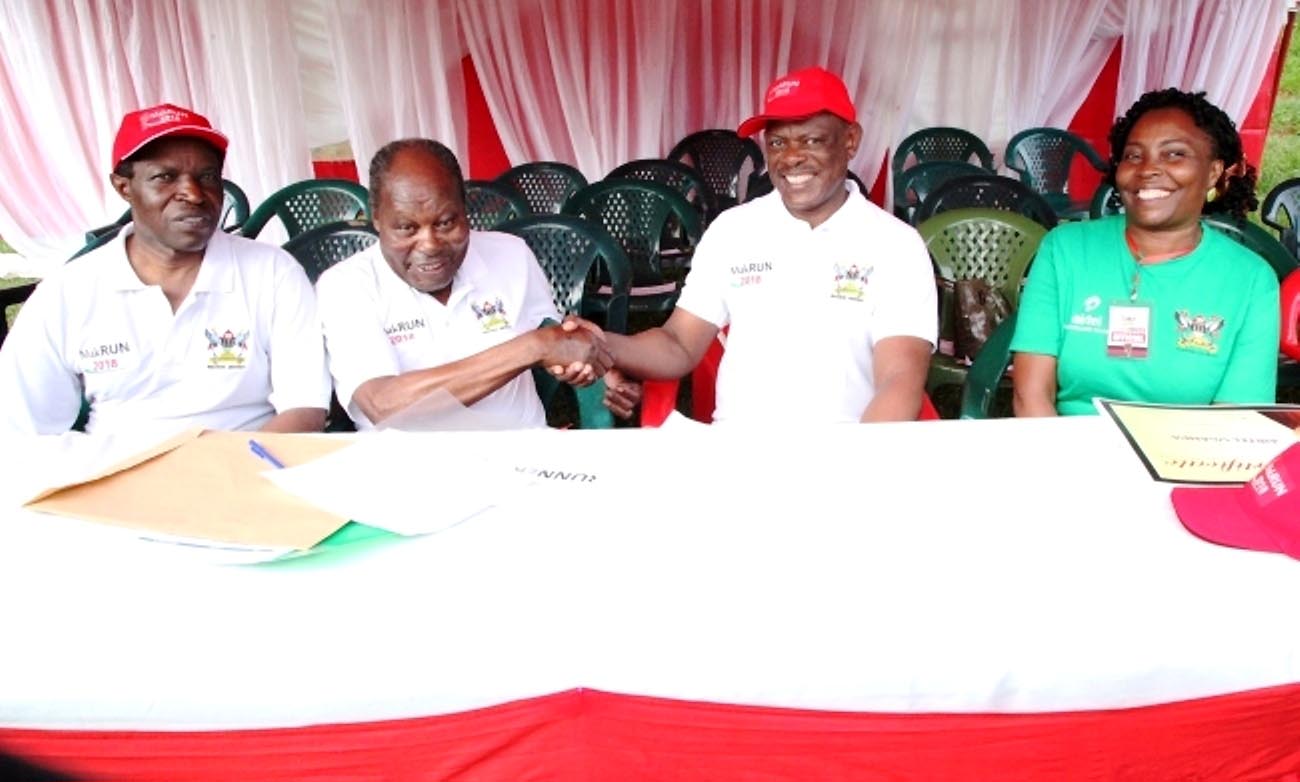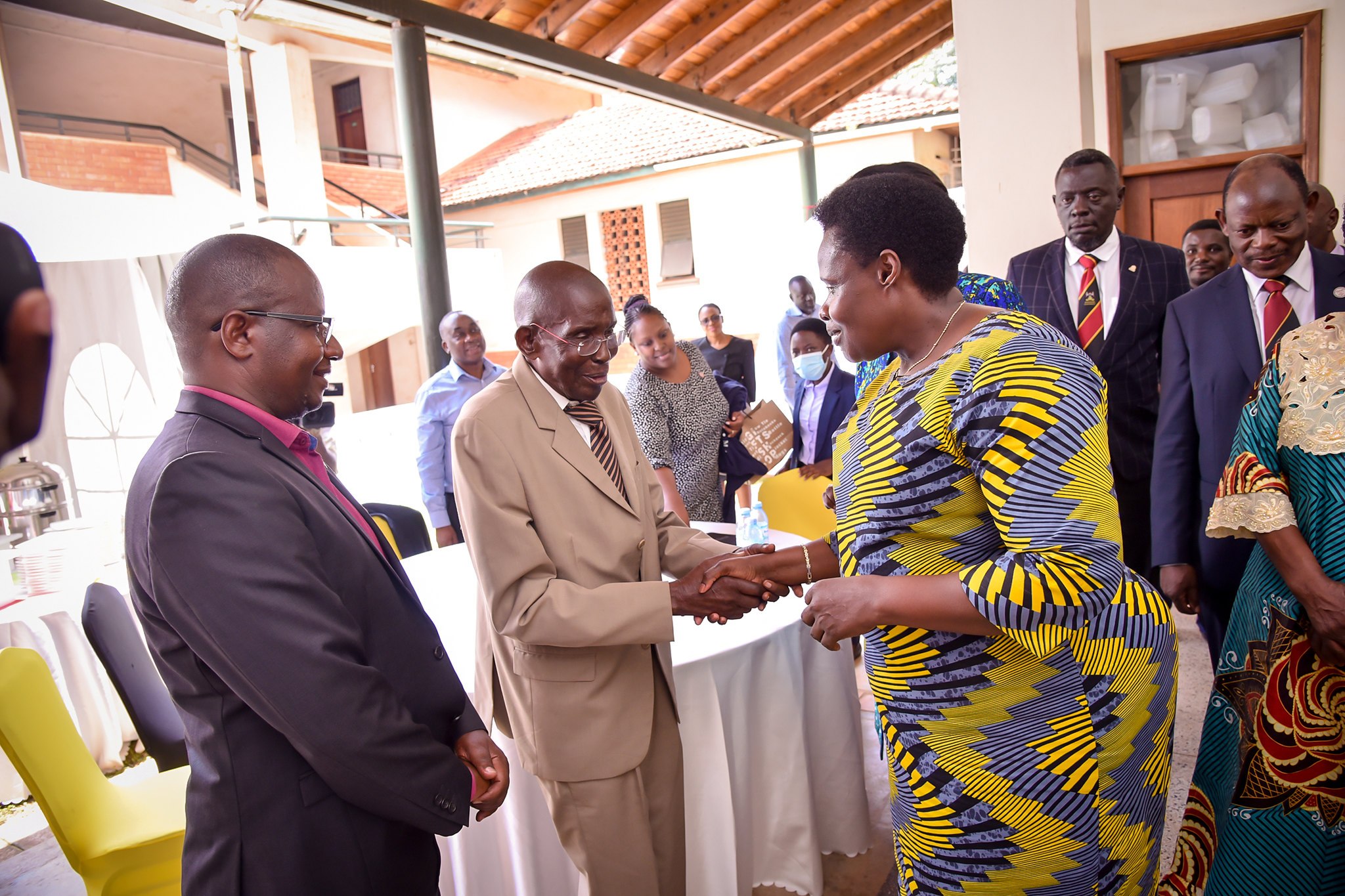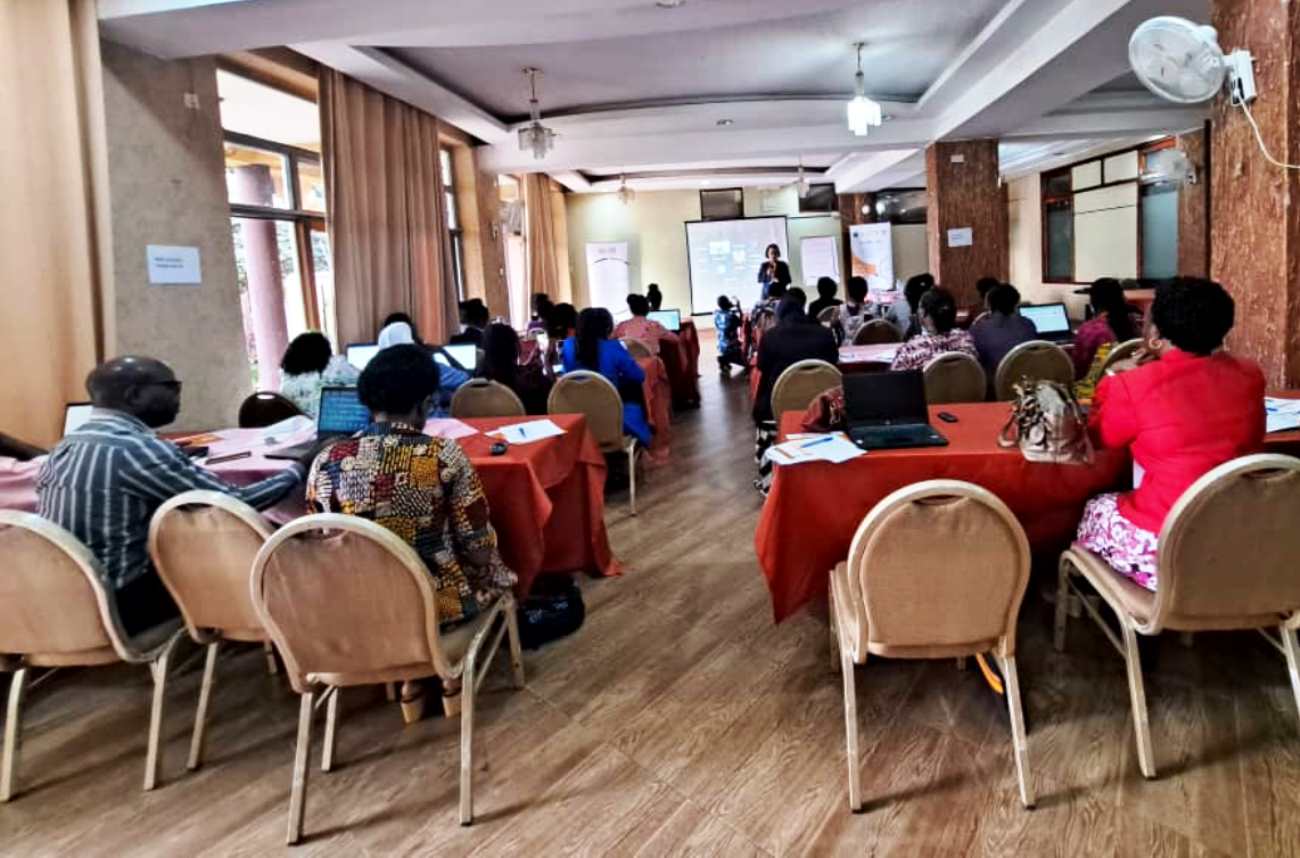“The problem is not Museveni. People have misconstrued the problems of Uganda to a mere individual. This is due to lack of information.” Kahinda Otafiire expressed.
“The problem is not Museveni. People have misconstrued the problems of Uganda to a mere individual. This is due to lack of information.” Kahinda Otafiire expressed.
Maj. Gen. Kahinda Otafiire the Minister of Tourism, Trade and Industry together with Prof. J.R. Ikoja Odongo the Director Institute of Psychology and Mr. Aaron Mukwaya a senior lecturer at the Faculty of Education were the panelists at the Academic Debate on 7th April 2010. The session was chaired by Prof. Kigongo-Bukenya.
The East African School of Library and Information Science (EASLIS), organized the Library and Information Science Education Week, with one of the activities being an Academic Debate with a topic on “Information as a resource for Democracy and good Governance”.
The gathering of students, staff and well wishers in the EASLIS hall could not have had a better way of spending their Wednesday afternoon than listening to the three panelists, who voiced their concerns and ideas on Information – a topic that many easily sweep under the carpet.
Information is of key importance. It is what the businessman in Kikuubo will rely on to make profits. In governance it is what leaders rely on as a strategic resource in making informed decisions. Information cannot be ignored because it is the focal point on which humanity exists and is able to realize development.
 Starting off the debate was Prof. Ikoja who passionately highlighted that without information we are bound to backwardness and are prone to make fundamental mistakes. Information is a resource not just for the educated, but also for the uneducated and illiterate.
Starting off the debate was Prof. Ikoja who passionately highlighted that without information we are bound to backwardness and are prone to make fundamental mistakes. Information is a resource not just for the educated, but also for the uneducated and illiterate.
He applauded the government that has put up various entities to give people information such as public universities, public libraries and also through statutes like the National Records Act, the Information Act and the Electronic Media Act. These have allowed for the public to acquire and disseminate information freely. Government also transfers information through local council representatives and parliamentarians and also available in various ministries.
Prof. Ikoja however expressed concern on government’s inadequacy to provide information countrywide. He highlighted that there were only twenty public libraries countrywide, leaving over seventy districts without public libraries. “The scope of librarianship also needs to change by introducing indigenous knowledge and the internet. Government should avail sub county chiefs ICT services” he added
 However, Dr. Aaron Mukwaya had a different take on the issue. “Information is not a resource, it is the core! It is the theme! Information does not thrive only in the human world, but in the entire world and its existence” emphasized Dr. Mukwaya. He further said that information collected over a period of time turns into knowledge, values, and cultures among other things.
However, Dr. Aaron Mukwaya had a different take on the issue. “Information is not a resource, it is the core! It is the theme! Information does not thrive only in the human world, but in the entire world and its existence” emphasized Dr. Mukwaya. He further said that information collected over a period of time turns into knowledge, values, and cultures among other things.
Dr. Mukwaya aired that many a time, westernized information is vigorously fighting the values of our continent Africa. Case in point; issues debated in the Ugandan parliament such as polygamy and homosexuality are destroying African cultures.
As democracy is a process that is continuously giving people the power, there is need for constant supply of information. Government is the custodian of the people so the onus is upon them to provide the public with information.
Hon. Kahinda Otafiire opened his segment by appreciating that there can be information without democracy but there cannot be democracy without information. “Information is a recollection of incidents that determine interpretation of phenomenon.” Otafiire defined. Information therefore is important for organization and interpreting phenomenon.
 Hon. Otafiire expressed that democracy in many African countries is a parasitical relationship that people do not challenge because they are uninformed. “We are enslaved in a culture of politicians telling lies. This has led to the people making wrong decisions endangering democracy.” Otafiire explained. Therefore, there cannot be democracy without information because it is from informed decisions that democracy is achieved.
Hon. Otafiire expressed that democracy in many African countries is a parasitical relationship that people do not challenge because they are uninformed. “We are enslaved in a culture of politicians telling lies. This has led to the people making wrong decisions endangering democracy.” Otafiire explained. Therefore, there cannot be democracy without information because it is from informed decisions that democracy is achieved.
As a representative of the government at the gathering, Hon. Otafiire was glad to say that the government has played a significant role in availing information to the public for it has seconded electronic media hence the many radio stations in the country, it has given freedom of expression to the citizenry and promoted press. However, he pointed out that as a government, it has the right to regulate how information is processed and in cases where mismanagement of information has been cited, the government has taken it upon itself to put in place measures to keep peace in the country, for example the closing of CBS FM.
To manage and lead people, one must be informed. It is through information that political prejudices are broken hence improving the quality of politics in a country that is thirsty for democracy to prevail. Citing examples from his Ruhinda County constituency, the charismatic Member of Parliament enthused that it was through telling his electorates the truth that he empowered them “So good leaders tell their people the truth!”
The Library and Information Science (LIS) Education Career Week continues with the LIS Symposium on 9th April 2010 from 9:00 to 5:00pm. The theme for the symposium is R-alignment of LIS Education to meet the emerging information management challenges in the Knowledge Society.
Powerpoint presentation of the day.
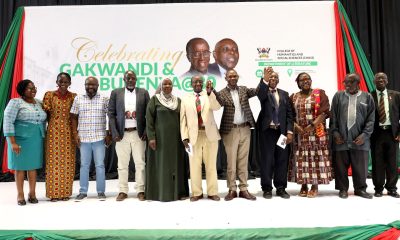
 Humanities & Social Sciences1 week ago
Humanities & Social Sciences1 week ago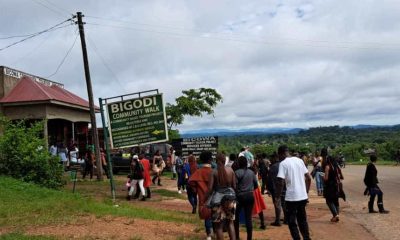
 Agriculture & Environment2 weeks ago
Agriculture & Environment2 weeks ago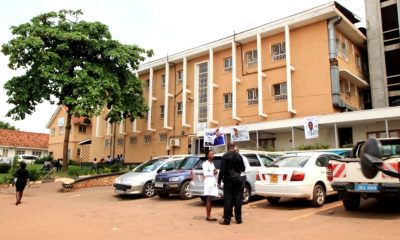
 Health2 weeks ago
Health2 weeks ago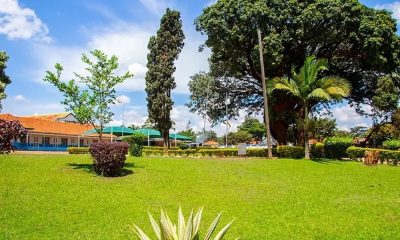
 General2 weeks ago
General2 weeks ago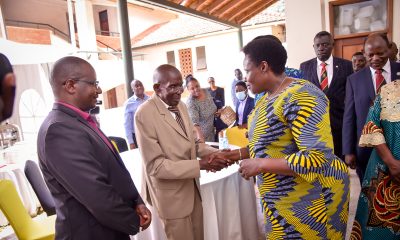
 General2 days ago
General2 days ago
